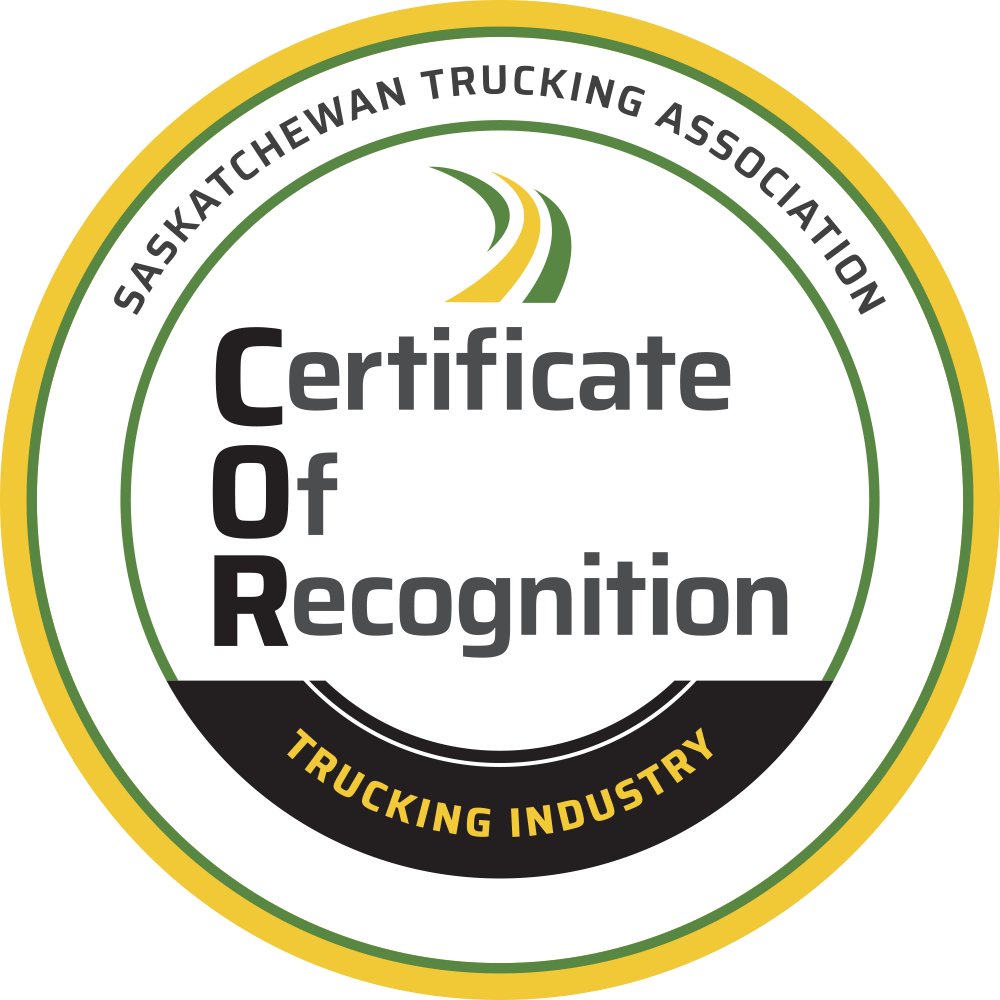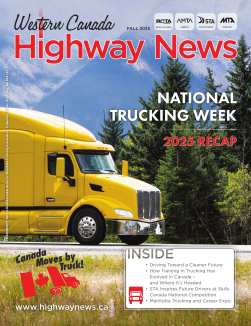
Navigating New Trust Reporting Requirements: A Comprehensive Guide
Dec 21, 2023
As we end the holiday season, the prospect of an additional filing obligation to the Canada Revenue Agency (CRA) due to an express trust arrangement may not be top of mind for most. Fortunately, KPMG's tax team in Canada has undertaken the necessary considerations on your behalf, offering concise guidance so you can return to enjoying time with your family.
Under the newly implemented trust reporting requirements, trusts, including bare trusts, will generally need to disclose specific beneficial ownership information annually for taxation years concluding after December 30, 2023. Commencing with the enactment of these requirements on December 15, 2022, a greater number of trusts will now be required to submit an annual T3 return. This entails reporting details such as the name, date of birth, tax identification number, country of residence, and address of the trustee(s), settlor(s), beneficiary(ies), and controlling person(s) (e.g., protector(s)).
Despite previous exemptions from filing a T3 for certain trust arrangements, the new CRA requirements mandate the inclusion of a schedule 15 in the return, dedicated to trustee, settlor, and beneficiary information.
In practical terms, what does this mean for most individuals? What scenarios lead to the creation of a trust or bare trust arrangement? A bare trust is established when a trustee oversees and manages assets on behalf of a beneficiary. Unlike other trust types, a bare trust grants the trustee limited powers, with the beneficiary recognized as the absolute owner of the trust property. Given the prevalence of such arrangements, often lacking formal trust documents, it's essential to explore these situations further.
Examples of bare trusts include individuals added as co-owners for administrative ease during an owner's lifetime, corporations holding real property titles on behalf of beneficial owners (common in the real estate sector), and real property managers handling deposits and expenses for the beneficial owner.
For those tempted to forego the filing process, it's crucial to reconsider, as non-compliance penalties are substantial—$25 per day, with a minimum of $100 and a maximum of $2,500. Knowingly failing to file incurs an additional penalty of 5% of the highest fair market value of trust-held property, with a minimum of $2,500. This could be significant, especially for individuals holding title to valuable assets for estate purposes.
Despite these challenges, the CRA has introduced exemptions, including trusts existing for less than three months at the tax year's end, those with assets valued below $50,000, certain regulated trust accounts (e.g., a lawyer's general trust account), and trusts registered as charities or paragraph 149(1)(I) non-profit organizations.
Given the array of new CRA regulations, KPMG is available to discuss your specific situation and provide insights from a tax and compliance perspective.
Do you need a solution to reduce your work place injuries & illnesses?
Trucking Industry Certificate of Recognition
Are you looking to provide your employees with new skills? Is having a safe and employee-friendly workplace part of your company culture? The Trucking Industry Certificate of Recognition (CoR) is an industry-evaluated health & safety program recognized by the WCB and Work Safe Saskatchewan.




